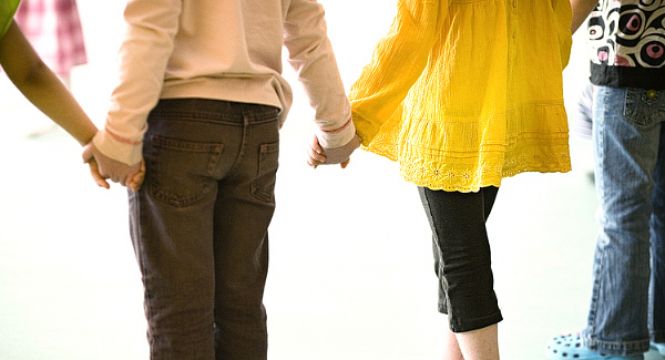The study found that Educate Together schools reflect the diversity of Irish society across gender, socio-economic, additional needs, cultural and language backgrounds.
The study also found that there was a strong focus on positive relationships and student-centred active learning approaches.
Researcher Selina McCoy from the ESRI said a significant finding was that students' sense of belonging did not differ across various distinct sub-groups.
It does suggest that inclusion is really very effective in these schools, because normally you do see very wide differences across different subgroups.
“When we looked at students’ sense of belonging and their engagement and how they felt and did they enjoy and like school, we didn’t see any differences across these key demographic groups,” she said.
“That was a really important finding because it does suggest that inclusion is really very effective in these schools, because normally you do see very wide differences across different subgroups.
“Particularly for example, you would typically see much more disengagement among students with additional needs – we didn’t see that.”
Progressive teaching
The study found that the progressive direction of Educate Together schools is largely driven by the teachers they attract.
Ms McCoy said the leadership in the schools drove the students' positive experience.
“Another really important point that I want to make is that Educate Together schools have really attracted very dedicated and progressive school leaders and teachers, and this really underpins a lot of the findings as well,” she said.







